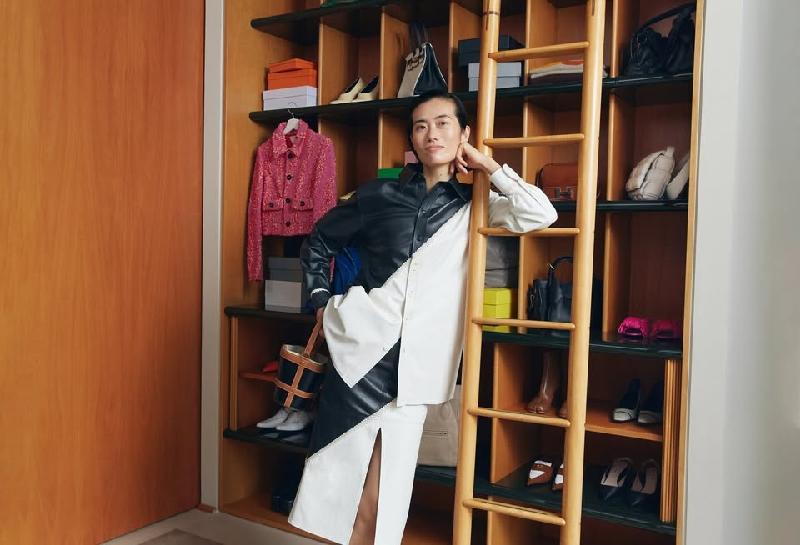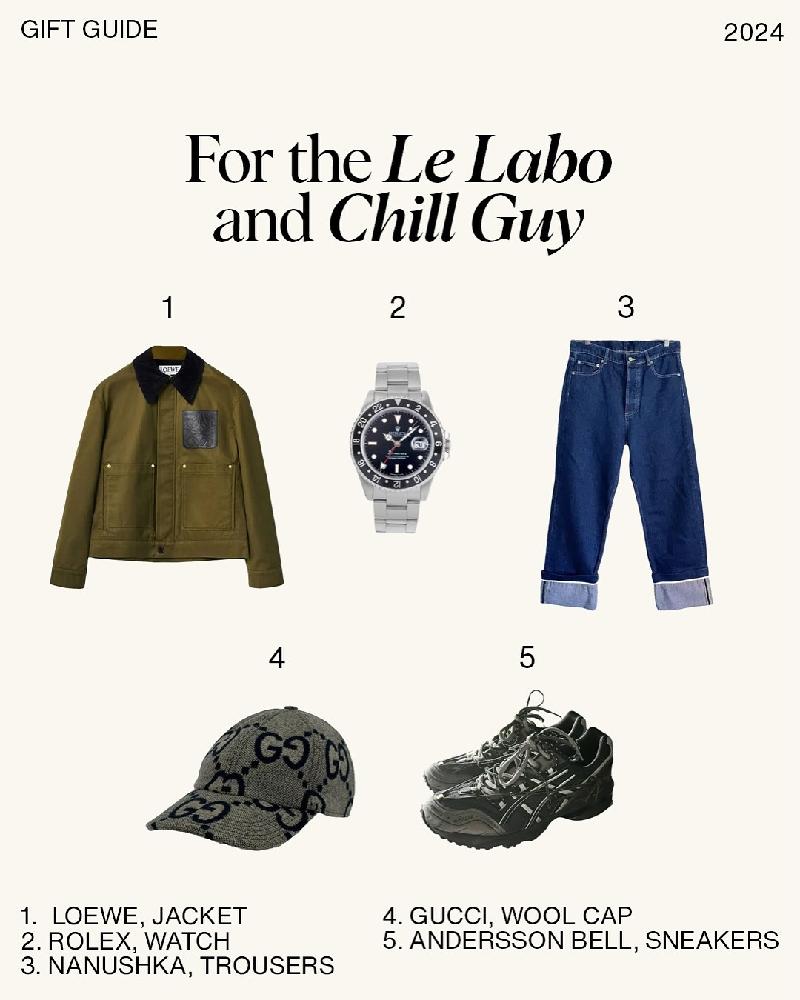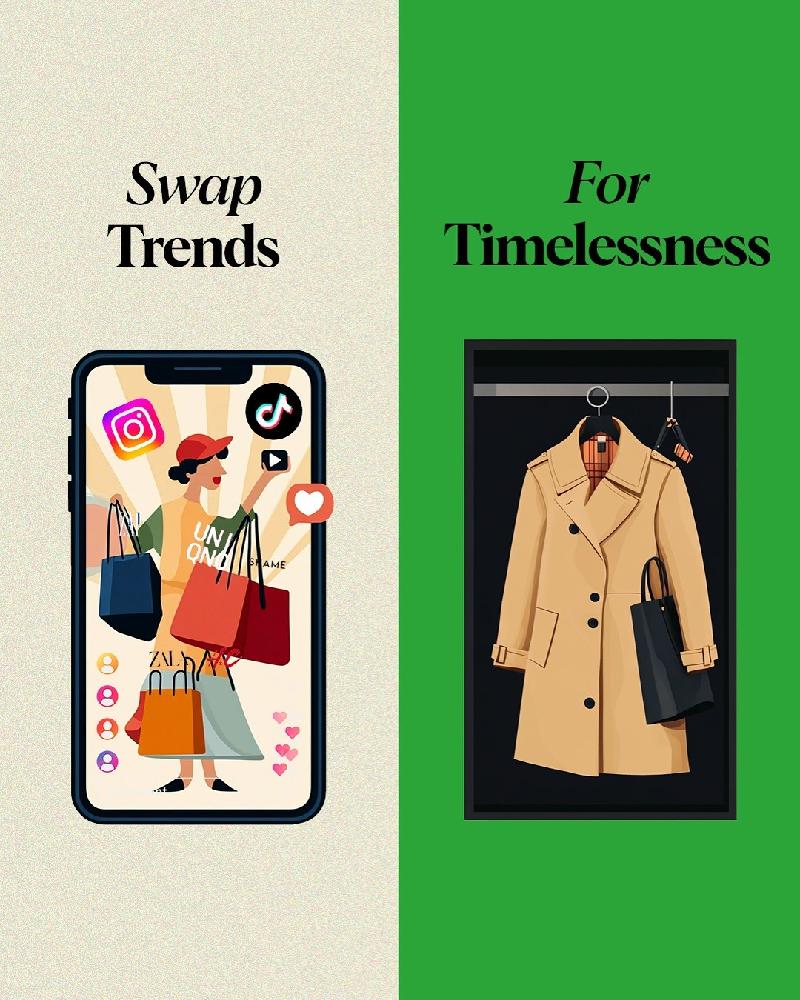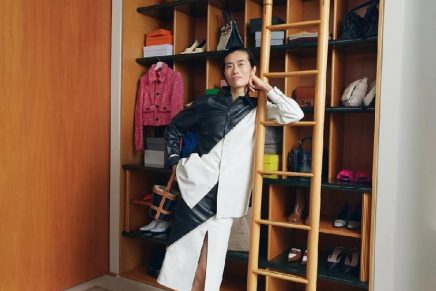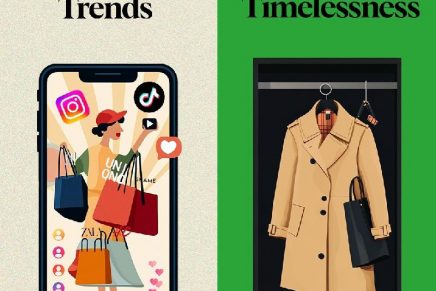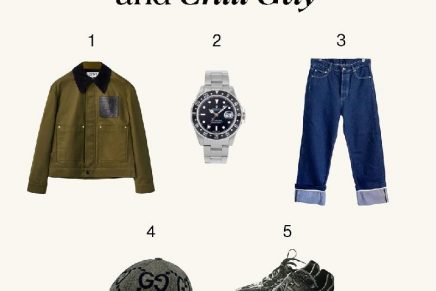Sustainability Meets Style: The Boom of Luxury Resale in 2024.
Pre-Loved, High Fashion: How Pre-Loved Luxury Took Over 2024
The pre-loved luxury fashion market has seen a significant surge in 2024, driven by a combination of economic factors, sustainability awareness, and changing consumer behaviors. Luxury resale has become not just a niche but a substantial segment within the fashion industry, with the market expected to reach staggering figures by 2025. This growth is fueled by younger consumers seeking sustainable options, the allure of owning luxury at a fraction of the cost, and the cultural shift towards valuing the story and uniqueness of pre-owned items.
Top 20 News/Launches in the Second-Hand/Pre-Loved Luxury Fashion Market for 2024:
Luxury Brands’ Official Resale Programs – Major luxury brands like Gucci and Chanel have embraced the trend by launching their own authenticated resale platforms, ensuring quality and brand control.
Goyard Overtakes Hermès in Resale Investment Value – Goyard’s products have become the new investment pieces in the resale market, surpassing Hermès in demand and price appreciation.
The RealReal’s Record Sales – The RealReal reported a 41% increase in sales, showcasing the growing popularity of luxury consignment.
Ralph Lauren’s Vintage Clothing Launch – Ralph Lauren starts selling its own vintage clothing, recognizing the value in the resale market.
Vestiaire Collective’s Expansion – The platform expands its authentication process and global presence, making luxury second-hand more accessible.
Farfetch’s Second Life Program Growth – Farfetch’s initiative for designer handbag resale continues to grow, offering credits for pre-loved items.
Burberry’s Refurbishment Promise – Burberry ensures its pre-loved items go through a meticulous refurbishment, maintaining product value.
Patagonia’s Partnership with ThredUp – Patagonia continues to promote circular fashion through its resale partnership, enhancing its sustainability narrative.
Ebay’s Love Island Sponsorship – Ebay promotes second-hand fashion to a young audience through its sponsorship of Love Island, making pre-loved fashion mainstream.
Depop’s Celebrity Endorsements – Celebrities like Olivia Rodrigo continue to sell items on Depop, influencing young consumers to embrace pre-owned luxury.
Chanel’s Legal Actions – Chanel takes legal action against second-hand resellers, indicating the brand’s complex relationship with the resale market.
Luxury Resale Platforms’ AI and AR Integration – Platforms like The RealReal and Vestiaire Collective use AI for better authentication and AR for virtual try-ons, enhancing the user experience.
Luxury Consignment Store Openings – Physical stores dedicated to luxury consignment, like those by The RealReal, see increased openings, blending online and offline experiences.
Sustainable Fashion Week – Events focusing on sustainable and pre-loved fashion gain traction, with luxury brands participating in showcasing second-hand collections.
Stylist Francesca Burns’ Resale Therapy – Famous stylist events promoting the resale culture, donating profits to charity, become more popular.
Fashionphile’s Expansion – Fashionphile expands its authentication and customer service, positioning itself as a leader in luxury resale.
Luxury Brand Collaborations with Resale Platforms – More luxury brands collaborate with resale platforms for exclusive events or product launches.
Increased Demand for Vintage Chanel – Vintage Chanel pieces see a high demand, affecting new sales as consumers turn to second-hand.
The Rise of Curated Second-Hand Boutiques – Boutiques specializing in curated, high-end pre-owned clothing open in luxury shopping districts.
Educational Campaigns on Resale – Luxury brands start educational campaigns to teach consumers about the benefits and authenticity of pre-loved luxury.
Further Market Expansion
The resale market is set to grow even more, with projections suggesting it could become a significant portion of the overall luxury market. Expect more luxury brands to integrate resale into their business models, possibly through their own platforms or enhanced partnerships. AI, blockchain for authentication, and AR for experience will become more prevalent, making the buying/selling process more secure and user-friendly. With increasing environmental awareness, the choice for second-hand luxury will be seen as an ethical and fashionable decision. More celebrities and influencers will endorse or engage with the second-hand market, driving its appeal. There might be more clarity or changes in laws regarding the resale of luxury goods, affecting how brands and platforms operate.
Cultural Shift: The stigma around buying used will continue to diminish, with the focus on the value, uniqueness, and sustainability of pre-loved items.

